Page 90 • (952 results in 0.06 seconds)
-
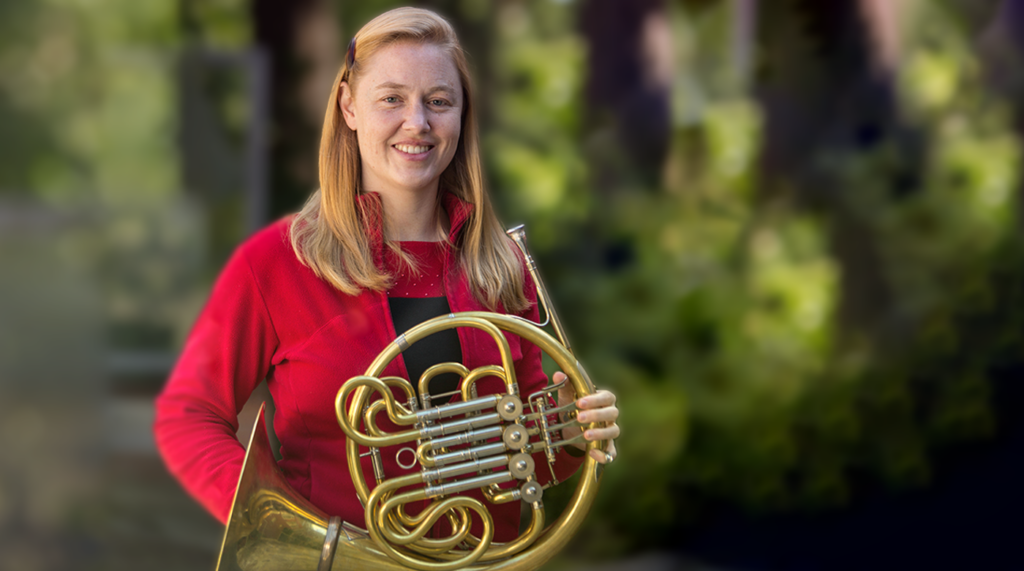
Professor of Music Gina Gillie recently premiered her first electroacoustic music composition at Seattle Symphony’s Octave 9. Titled “Pale Blue Dot for solo horn and fixed media,” the piece is inspired by the 1991 photograph taken by the Voyager 1 spacecraft as well as Carl…
Voyager 1 spacecraft as well as Carl Sagan’s prose reflecting on the image. In the photo, Earth appears as a single pixel – “a mote of dust suspended in a sunbeam.” For this project, Dr. Gillie collaborated with video editor and PLU student Zixuan Guo. We recently met with Professor Gillie to discuss this project. This is clearly a film and composition that have something to say about climate and care for the earth. Yes, I think artists can provide critique and commentary on the state of the times in
-

Tacoma, Wash. (July 15, 2015)— After negotiations concluded and legislators from both sides of the aisle reached agreements on an operating budget, transportation bond and a number of education issues, the third and final special session of the 2015 Washington Legislative Session, the longest in…
force on mental health and suicide prevention in higher education to study the issue (including prevention strategies) and make recommendations to the legislature. 2SSB 5851: Implements several of the recommendations proposed by last year’s college bound scholarship program work group. SSB 5534: Creates and provides funding for a new scholarship program for students working toward becoming a certified public accountant. SB 5638: Makes part time students (3 semester credits or more) who are otherwise
-

PLU Director of Multicultural Outreach and Engagement Melannie Denise Cunningham has an uncanny ability to get folks talking. In 2016, she noticed the community was yearning to discuss one pressing topic in particular. That summer, the news of Philando Castile, a Black man fatally shot…
are not always comfortable conversations, but I’ve found great joy and a sort of liberation in the opportunities for honesty, resolve and direction they can provide.” The first People’s Gathering in February 2017 was attended by roughly 200 people. By the third installment in April 2019, attendance had increased to more than four hundred. Plans for a fourth on-campus event were set aside when COVID-19 hit in early 2020. However, as the pandemic accentuated health discrepancies within marginalized
-
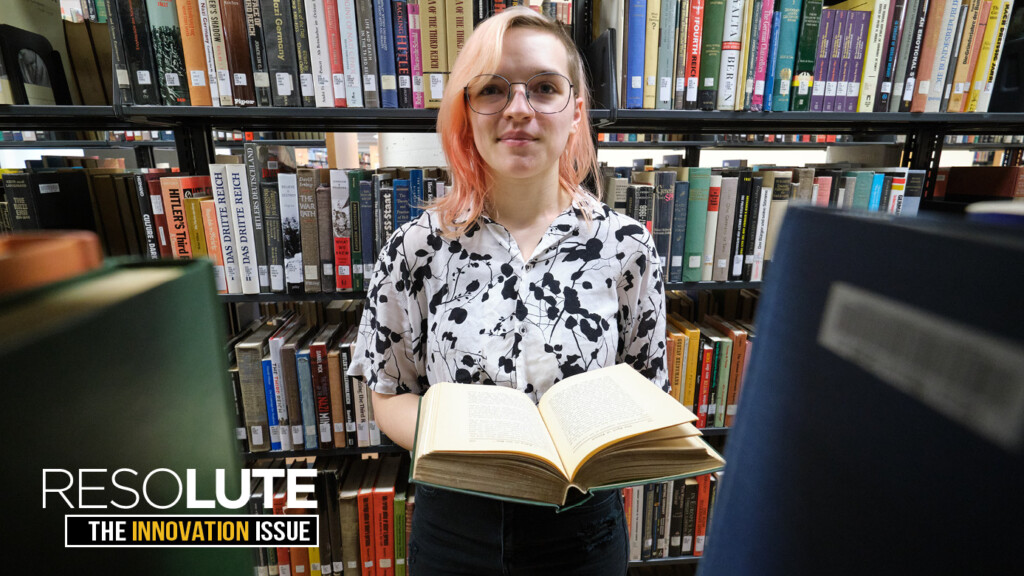
The 253 PLU Bound scholarship recipient from the Key Peninsula near Tacoma began his first year intending to major in music education. But best-laid plans often go awry. Lindhartsen soon realized that wasn’t the path for him. He knew he wanted to study music, but…
classes from that discipline included “Colonization, Slavery, Genocide & the Black Atlantic.” Ian Lindhartsen ’20 at Real Art Tacoma, the all-ages concert hall in South Tacoma where he works. INDIVIDUALIZED MAJOR PROVIDES OPPORTUNITYIn the 30-year history of the individualized major, PLU students have designed degrees spanning a variety of disciplines including digital media, Indigenous studies, global health and environmental education. Students draw from PLU courses and develop their expertise
-

Emily Struck ’23 made the most of her chemistry major at PLU, conducting individualized research with professors and tutoring other students on campus. As she takes her next step in the fall pursuing a Ph.D. in organic chemistry at Purdue University, Struck reflects on her…
communications for Sound Physicians Read Next Henri Coronado-Volta ’23 discusses his global studies major, studying away, and his plans to attend UW’s Public Health Epidemiology program COMMENTS*Note: All comments are moderated If the comments don't appear for you, you might have ad blocker enabled or are currently browsing in a "private" window. LATEST POSTS Caitlyn Babcock ’25 wins first place in 2024 Angela Meade Vocal Competition November 7, 2024 PLU professors Ann Auman and Bridget Haden share teaching
-
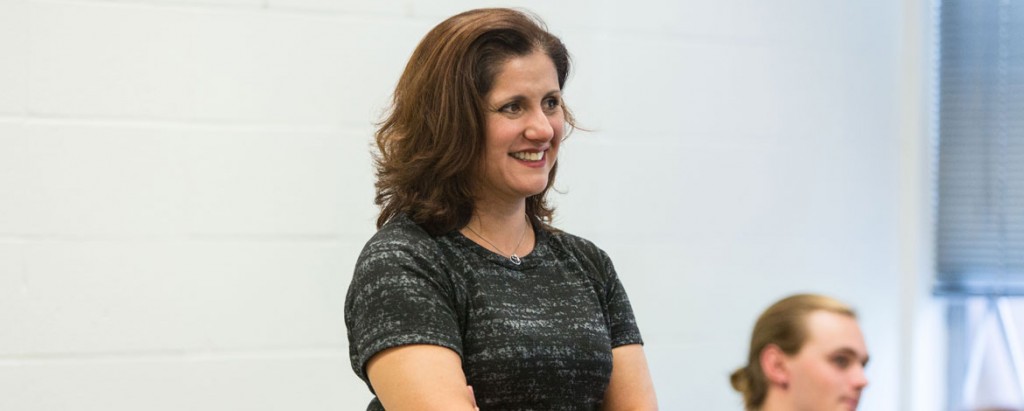
TACOMA, WASH. (Sept. 27, 2017)- Maria Chavez leads with her own experience when she addresses academic opportunity and achievement. Specifically, she empathizes with students who come from marginalized populations Chavez, chair and associate professor of politics and government, identifies as Latina. She’s a native Spanish…
society,” she said. “We must ask what the implications of this continued political and professional underrepresentation is on our society and our democratic institutions. Beyond issues of representation, this research is important for our civic health.” She said that fact clearly illustrates the need to address the achievement gap through better public policies and educational support systems at every stage in the pipeline. “It’s inequitable practices in education that lead to a lack of achievement
-
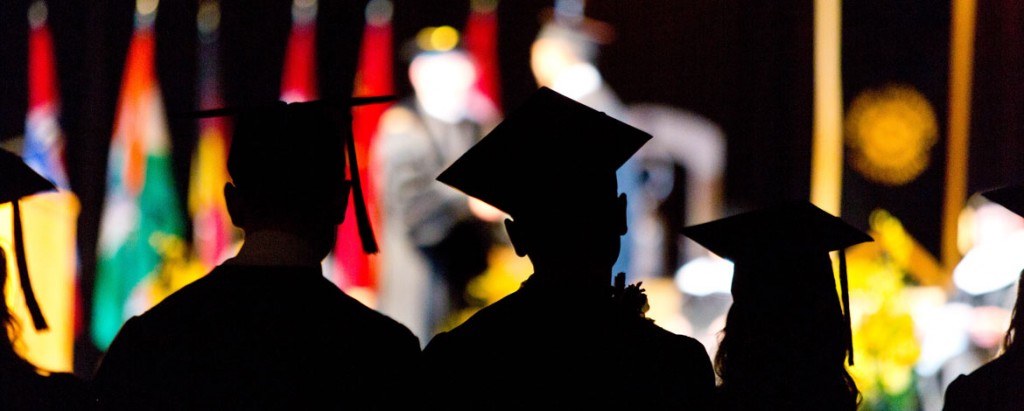
TACOMA, WASH. (May 15, 2017)- Classes are over, tests are on the horizon and therapy dogs are waiting in the wings. It’s the end of spring semester, and for several hundred Lutes that means life after college beckons. Pacific Lutheran University students are fast approaching…
a home in psychology and social work. “I went to office hours and I talked to both chem and psych professors and they helped me figure out what I needed,” she said. Alshaibani, who is from University Place, is graduating May 25 with a degree psychology, with minors in social work and French. The Rieke scholar, founder of the Muslim Student Association and mental health advocate was chosen as the student speaker for Commencement 2017, and will address the rest of her class at the Thursday night
-
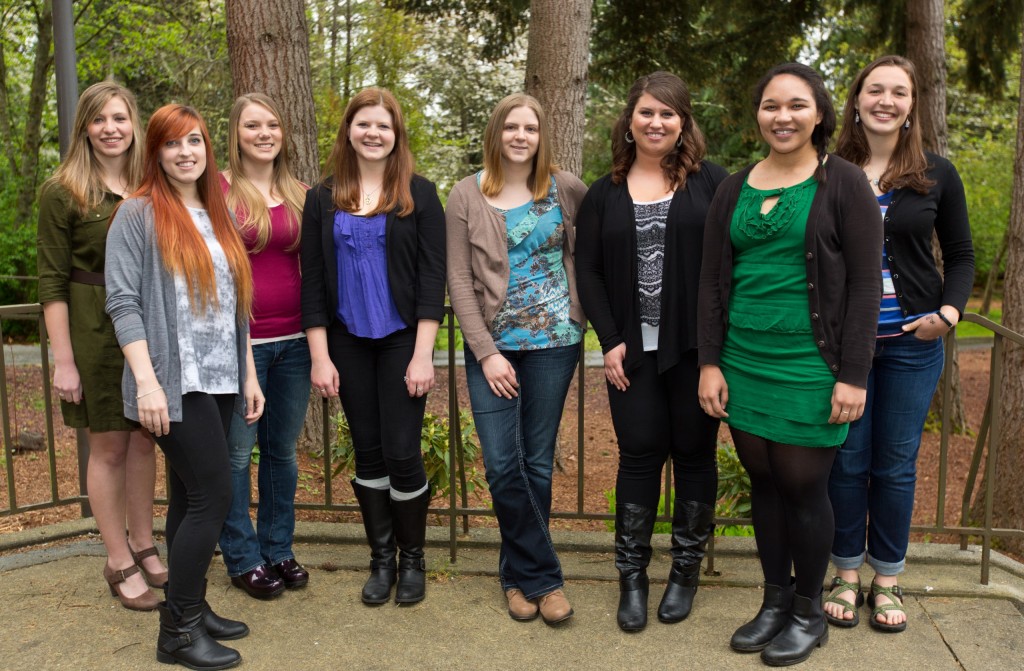
On the Path to Peace Communication Professor Amanda Feller’s peace-building cohort, all graduating in 2014, comes together at PLU. From left: Caitlin Zimmerman, Lauren Corboy, Sydney Barry, Kendall Daugherty, Rachel Samardich, Rachel Espasandin, Jessica Sandler and Anna McCracken. (Photo: John Froschauer/PLU) Eight Graduating Women Give…
there’s not adequate access to food, water or health care—conflict with family, community, government,” she said. Espasandin is vice president of PLU’s Network for Peacebuilding and Conflict Management and has completed three certificates in basic mediation, basic negotiation and peace-building with an emphasis in dialogue. She also traveled with Feller to Northern Ireland on a J-Term Study Away trip. Her peace philosophy: “Peace-building doesn’t always aim to resolve conflict, but to build
-
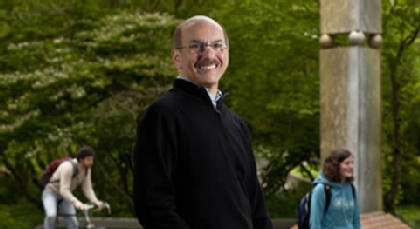
Around the world to find a calling By Chris Albert While waiting for a flight, a fellow passenger starts to make small talk with Najib Abbas. The conversation starts with pleasantries, maybe they discuss the weather, but before long the fellow traveler will be telling…
through the hardships of life has been very fulfilling. In many ways he’s learned as much if not more from them. And so another chapter in his life begins as he returns home. “He brought with him a true passion for helping others and I am very excited to see that passion be taken to Saudi Arabia,” Ward said. “There is no doubt that Najib will change the way mental health is viewed and offered there.” In this part of the world, MFT is a new field. “I’m going back to an interesting journey now,” Abbas
-

TACOMA, WASH. (Oct. 20, 2015)- Thomas Kim ‘15 is passionate about “Justice.” So passionate, in fact, that he likes to really emphasize the word by treating it as a proper noun. His passion doesn’t include just capitalizing Js, however: he’s walking his talk (and type)…
personal level because of my desire to see a full display of gender equality in this nation. During my years at PLU, I was heavily influenced by Dr. Karen Travis, who is one of the best health economists in the state, an advocate for reducing the gender wage gap and my economics-mother who mentored me through my economics capstone. Dr. Travis recommended me to be a part of Mortar Board, the nation’s first ever honor society for women (that now includes men members). Consequently, last year I got to
Do you have any feedback for us? If so, feel free to use our Feedback Form.


